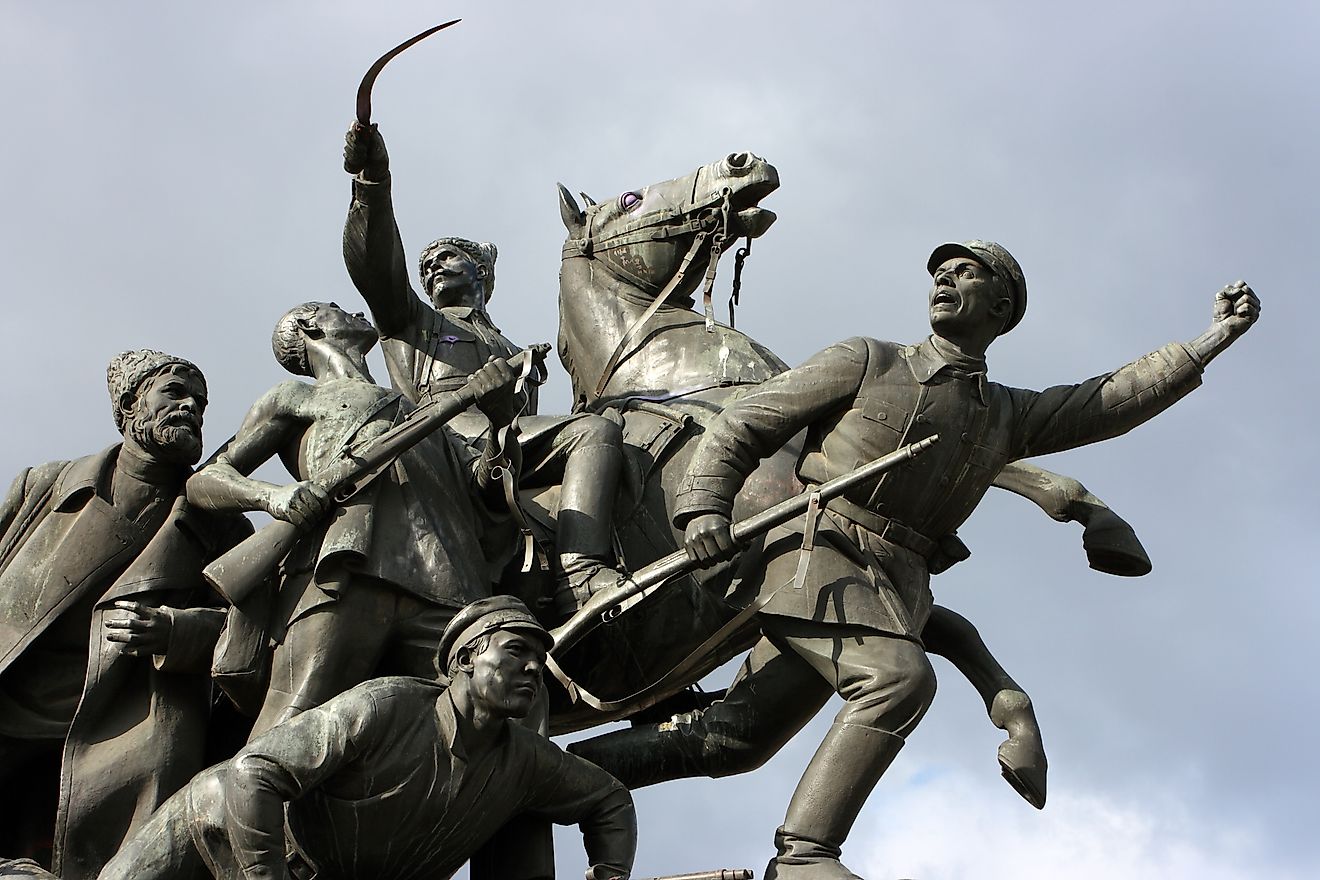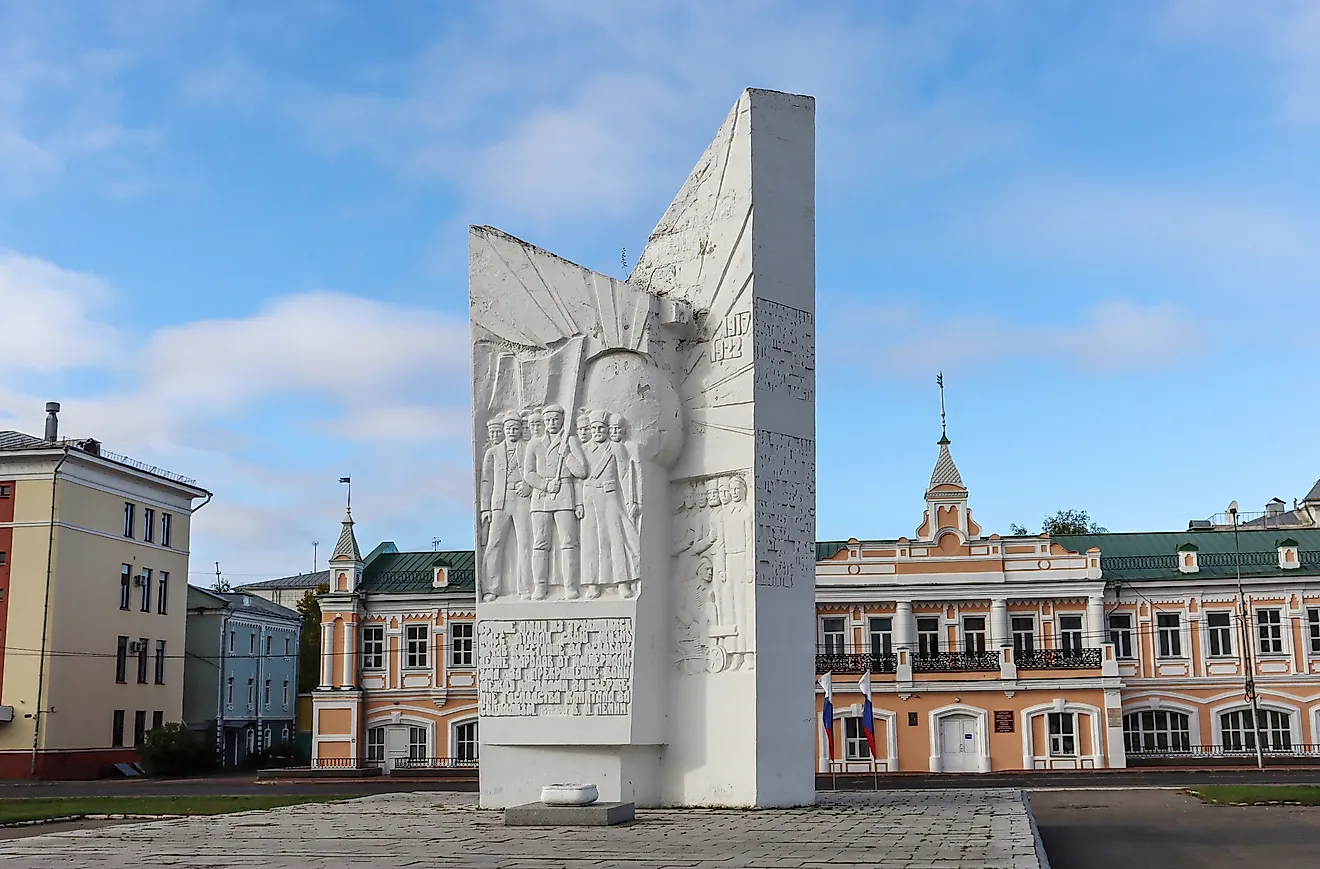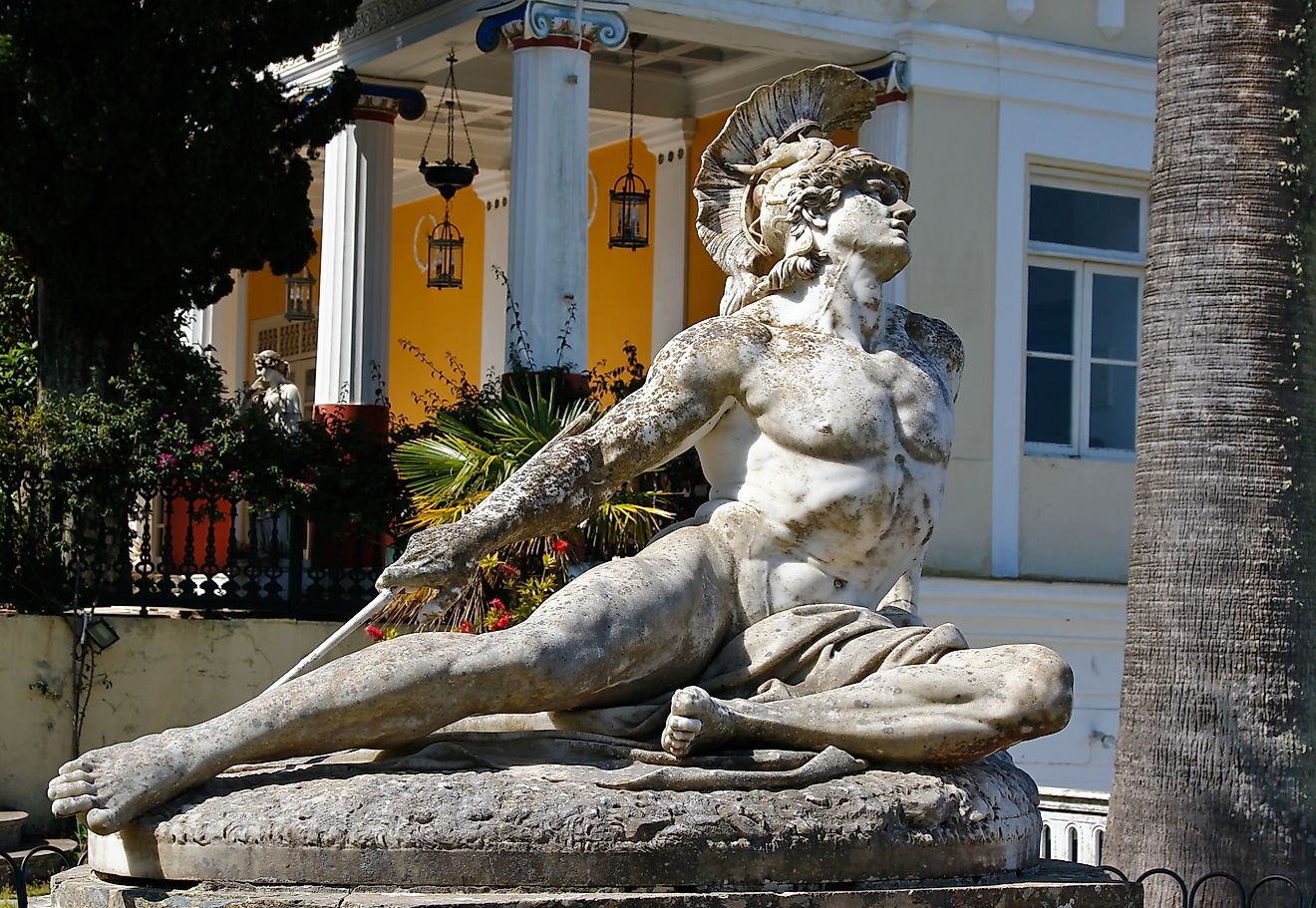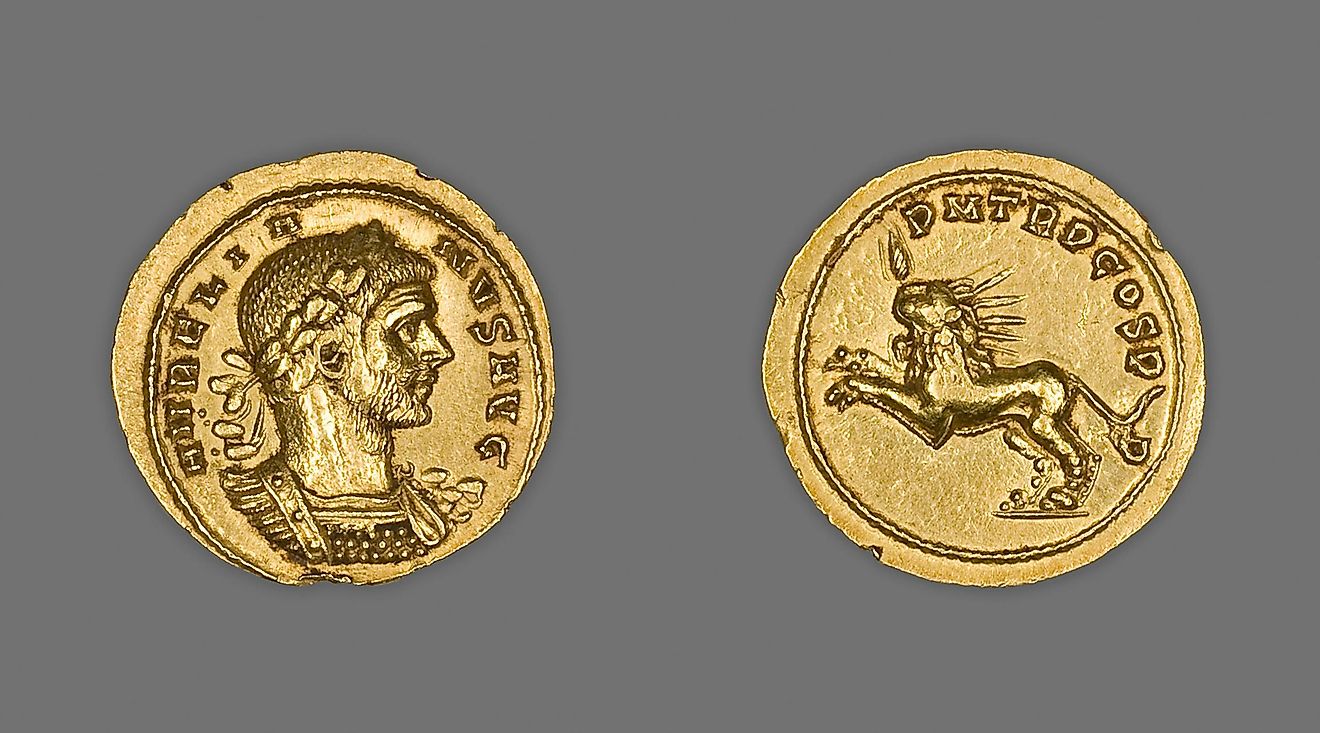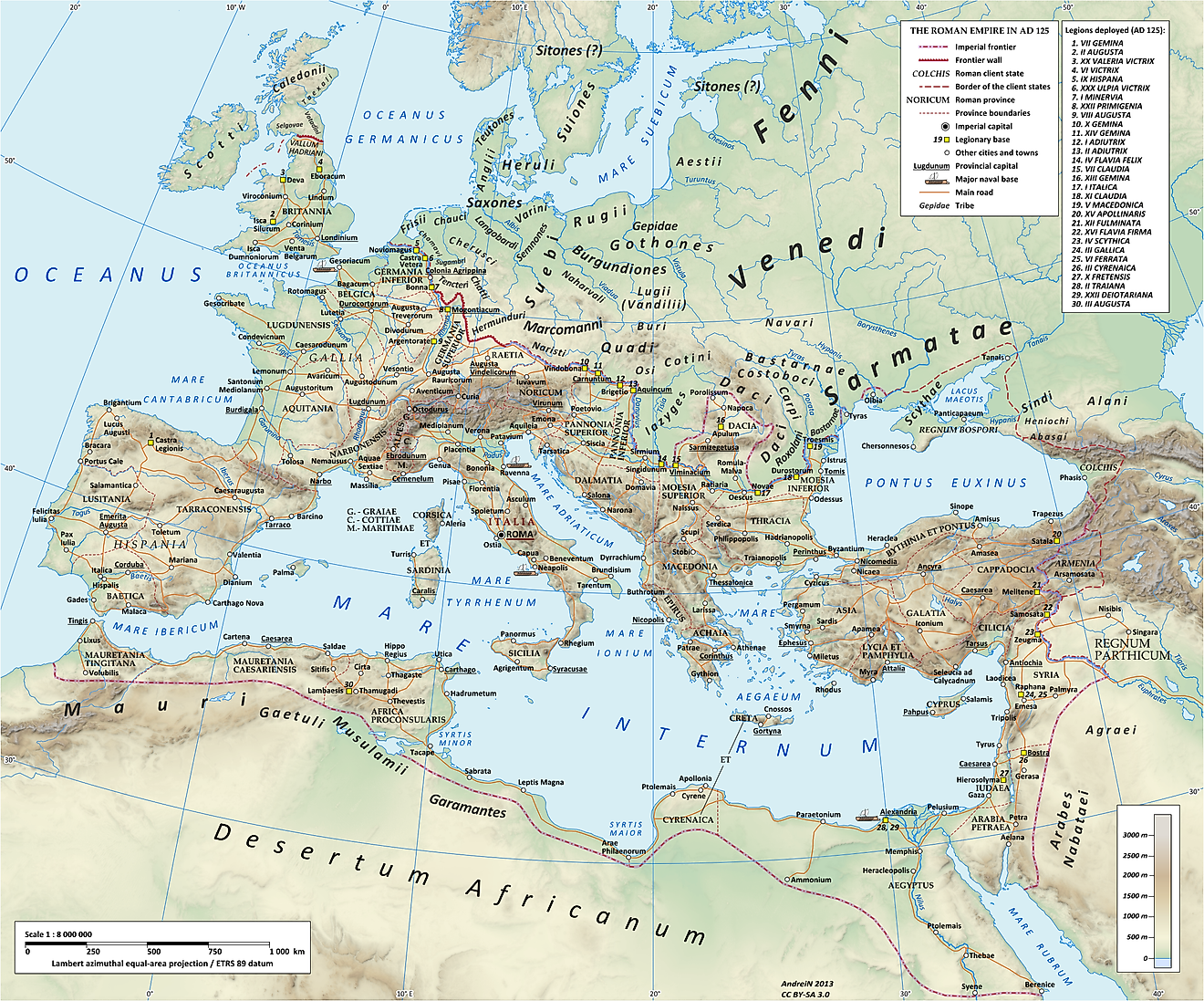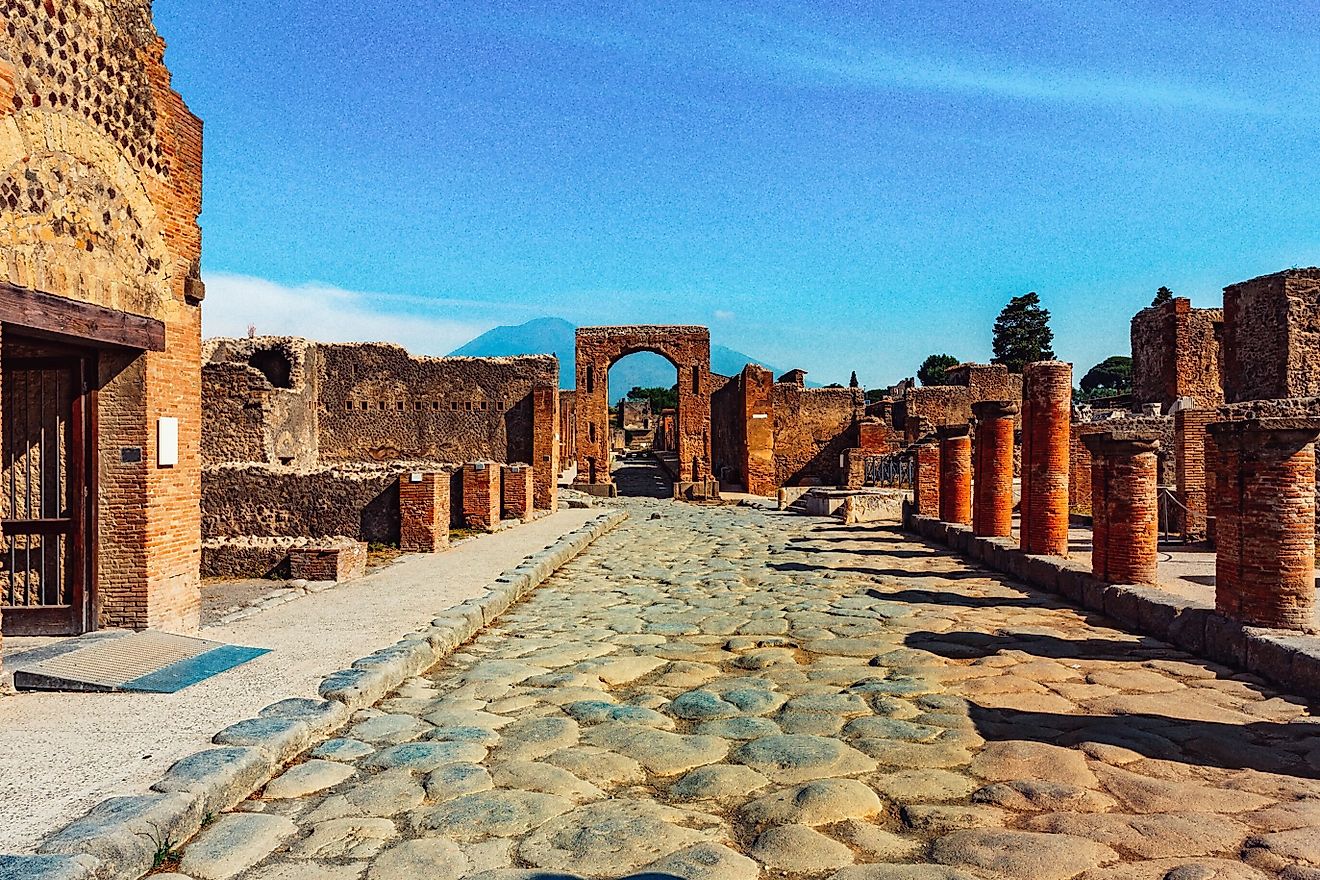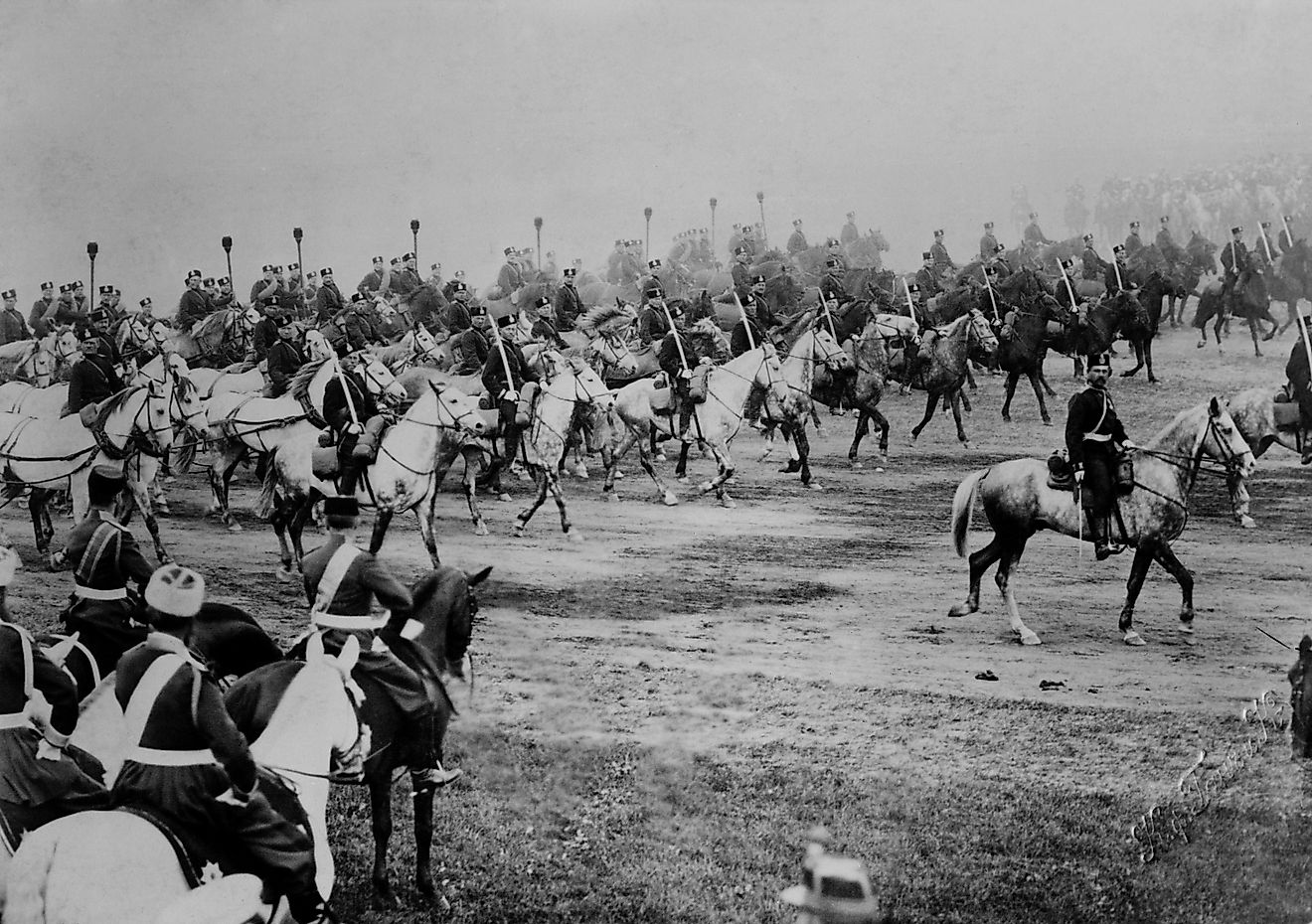
Frumentarii: The Secret Service of Rome
Throughout history, spies and agents have impacted historical events by providing beneficial information. Monitoring, observing, and gathering information has assisted in the rise and fall of powerful empires. Famous for its military tactics, the Roman Empire would have been unsuccessful without the use of espionage. With valuable information provided by the Frumentarii, leaders in Ancient Rome became a vast and knowledgeable force. Emperors of Rome commanded skilled armies to expand their borders, conquering the Italian Peninsula and lands as far as Egypt. With an influence on modern military policies, the Frumentarii, the Secret Service of Rome, was an important part of Rome's complex military structure.
The Frumentarii's Rise in Status

The word Frumentarii is from the Latin word for grain, frumentum. Frumentarii were grain collectors attached to individual legions that supplied the Roman Army with a reliable grain source while traveling. Frequent travel allowed the Frumentarii to become knowledgeable about the roads, local customs, and languages of neighboring nations. The ability to blend with locals eventually led to an increase in duties.
In addition to providing grain for the military, the Frumentarii acquired information about surrounding geography, communication routes, and settlements. These men were able to venture on logistical assignments and report back. This information became invaluable as the Roman Empire invaded, occupied, and dominated the Mediterranean.
During the reign of Emperor Domitian from 81 to 96 CE, the Frumentarii left the role of grain supplier behind to become couriers and messengers. Working publicly as messengers and tax collectors, the Frumentarii remained in constant close contact with locals of all classes, allowing them to continue to gather secrets. After the end of the Flavian Dynasty, the Frumentarii officially adopted a new role as a police force. Members of the Frumentarii continued to gather information while enforcing the nation's laws. Seniors of the centurion army commanded the new legion, recruiting new members from their ranks.
The Secret Service

Now officially in the military, the Frumentarii obtained barracks in Castra Peregrina on Caelian Hill. Locally known as the camp of the strangers, the fortified base was a centrally located military garrison town that also housed wealthy Romans. During the reign of Emperor Hadrian, between 117 and 138 CE, the Frumentarii's eavesdropping skills were utilized to spy on influential citizens throughout the Roman Empire. This changed their role from a police force to a secret service.
With his newly appointed agents, Hadrian was well informed as the government spied on everyone. As masters of disguise, the Frumentarii obtained secrets, uncovered deception, and revealed their findings to the Emperor. To permanently eliminate threats, members of the Frumentarii were employed to assassinate enemies of the Emperor.
Enforcing Religious Persecution

Rome expanded its empire with force, and to maintain control, it required the cooperation of its people. When the empire conquered a nation, they were treated as an ally expected to contribute to the Empire's wealth. Within its allies, Rome permitted religious diversity with the understanding that the Roman gods also be honored. Citizens in breach of this understanding were severely punished.
Among those consistently persecuted were the Christians refusing to make offerings to Roman gods or participate in Roman religious festivals. The disassociation of Christians was considered disloyal to the empire and tested the Emperor's tolerance.
Under the rule of Diocletian, Rome's ruler between 284 and 305 CE, the Great Persecution of the Christians began. As Christians refused to sacrifice or acknowledge Roman Gods, churches were ordered by the Emperor to be destroyed. Boldly resisting authority, Christians continued to practice their religion, resulting in the Senate declaring Christianity an illegal superstition and a crime.
Disbanding the Frumentarii
The Frumentarii's unlimited power inspired their unrestricted behavior. While tracking political and religious criminals, citizens' homes were often ruthlessly raided. After searching, compensation was forcefully demanded. As chief agents for locating, torturing, imprisoning, and sometimes executing citizens caught being uncompliant, the Frumentarii's reputation began to crumble.
With spies lurking throughout the empire, citizens of Rome did not know who or when someone was being observed or overheard. Fear and paranoia grew as it became impossible to speak freely. Under constant supervision and oppression, citizens of Rome mistrusted the Frumentarii. The consistent abuse of power and poor reputation ultimately led to the Frumentarii disbandment by Emperor Diocletian.
In their place, he established the agentes in rebus, otherwise known as general agents. General Agents were recruited from civilians instead of the military, creating units of 200 to 1,000 men. With a new name, the new officials continued to utilize their force to regulate the citizens of Rome. The General Agents remained employed until the Byzantine Empire, during the 8th century.
Summary
Varied over time, governments throughout history have all used a form of surveillance. With skillful espionage, leaders of Rome were privy to the secrets of enemies, could authorize political assassinations, observe citizens, and secure valuable information before making decisions. Beginning as humble grain suppliers, the Frumentarii rose to an elite force within the Roman military. Despite their social status and power, the Frumentarii's loathsome reputation ultimately led to their demise.
Although a secret service, the remnants of the Frumentarii's tainted legacy lay scattered throughout modern-day Europe. Many carvings, statues, and inscriptions will forever remind historians of Rome's former secret service. The Frumentarii continues to be an example of how an organization with honest beginnings becomes corrupted with unlimited authority.
